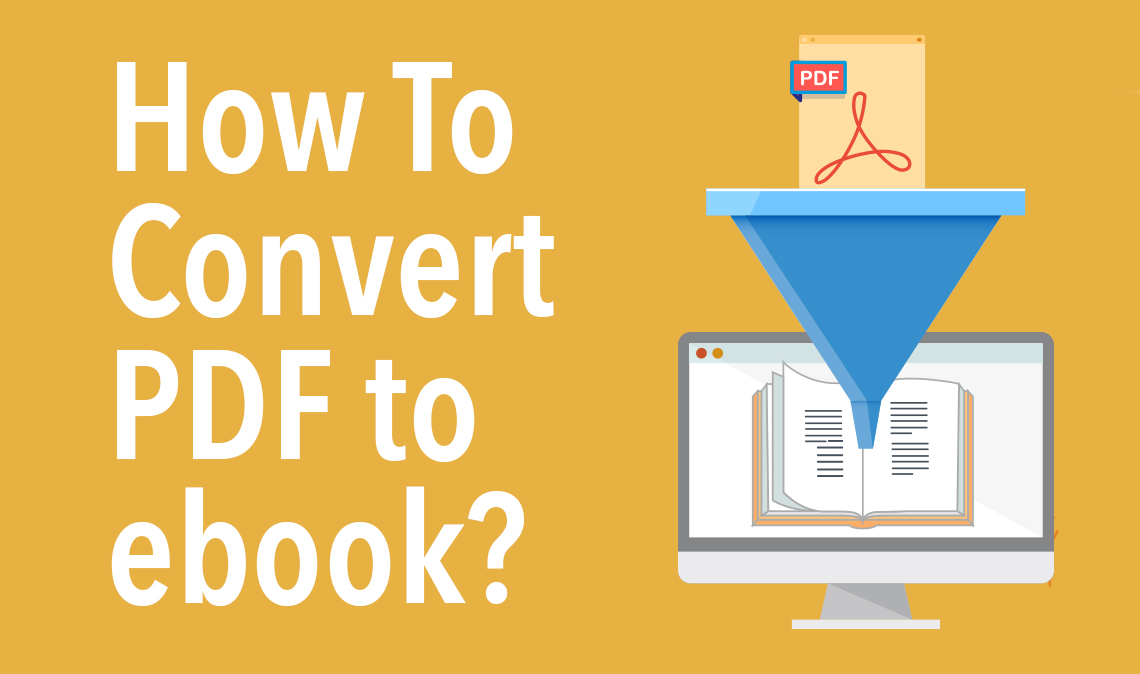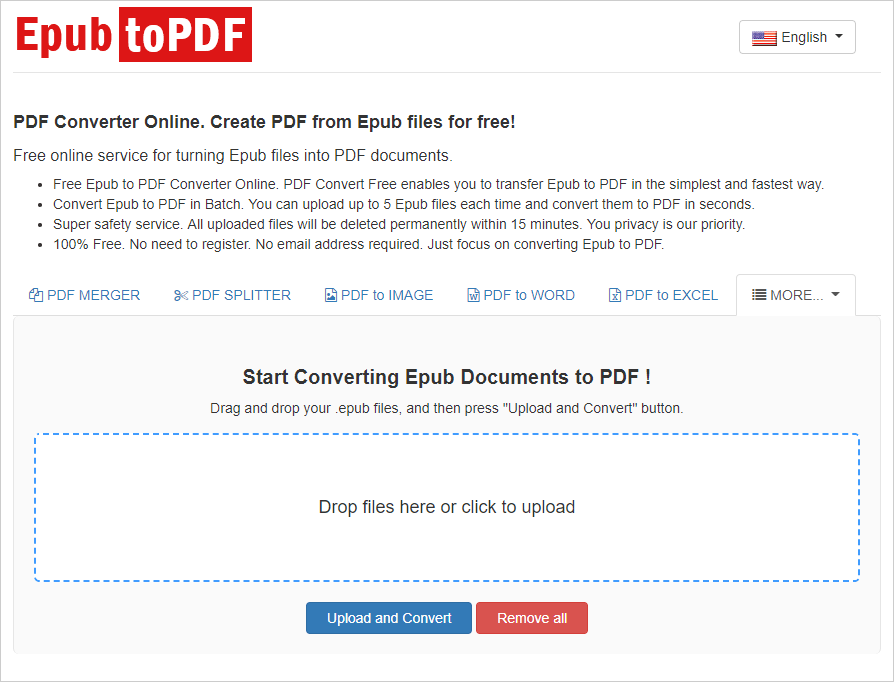
you'd get it styled almost to match, and you'd need font size 9.75 or line height of 1.2 or something like that, but it'd only give you 9.8 or 1.0. But I've discovered that Chrome's html engine has a limit on decimal css values. No scans, no invisible ocr text over the top. When finished, you'd click a button, and it'd spit out a vector pdf of the same. Could even have it overlay the text, so you could get near-pixel-perfect renditions. And then you'd hand-code css so that the text matched the pdf scan.

You'd click a button, it'd put the ocr for that page in the empty one to its side. You'd open scanned pdfs in this software, it'd display each page as an image, with an empty page next to it. I've been thinking about a software product (I've even named it, Chronoscope) for over a year now. Some books are so great I'd read them scribbled on a napkin if there were no other option. Some of the warez folks trade un-typeset stuff. But there's a high learning curve, it might take years to master, and you'd spend about as long as the professionals do on each (several weeks of full time employment). If you were to re-typeset them, yes, you could make an ebook. Most people, including myself, enjoy books more than the untypeset words. Just make sure to tag the post with the flair and give a little background info/context.īooks are books and not text files because the words are arranged and styled onto the pages and this is called "typesetting". On Fridays we'll allow posts that don't normally fit in the usual data-hoarding theme, including posts that would usually be removed by rule 4: “No memes or 'look at this '” We are not your personal archival army.No unapproved sale threads or advertisement posts.No memes or 'look at this old storage medium/ connection speed/purchase' (except on Free Post Fridays).


Everyone has their reasons for curating the data they have decided to keep (either forever or For A Damn Long Timetm). government or corporate espionage), cultural and familial archivists, internet collapse preppers, and people who do it themselves so they're sure it's done right. Among us are represented the various reasons to keep data - legal requirements, competitive requirements, uncertainty of permanence of cloud services, distaste for transmitting your data externally (e.g.


 0 kommentar(er)
0 kommentar(er)
